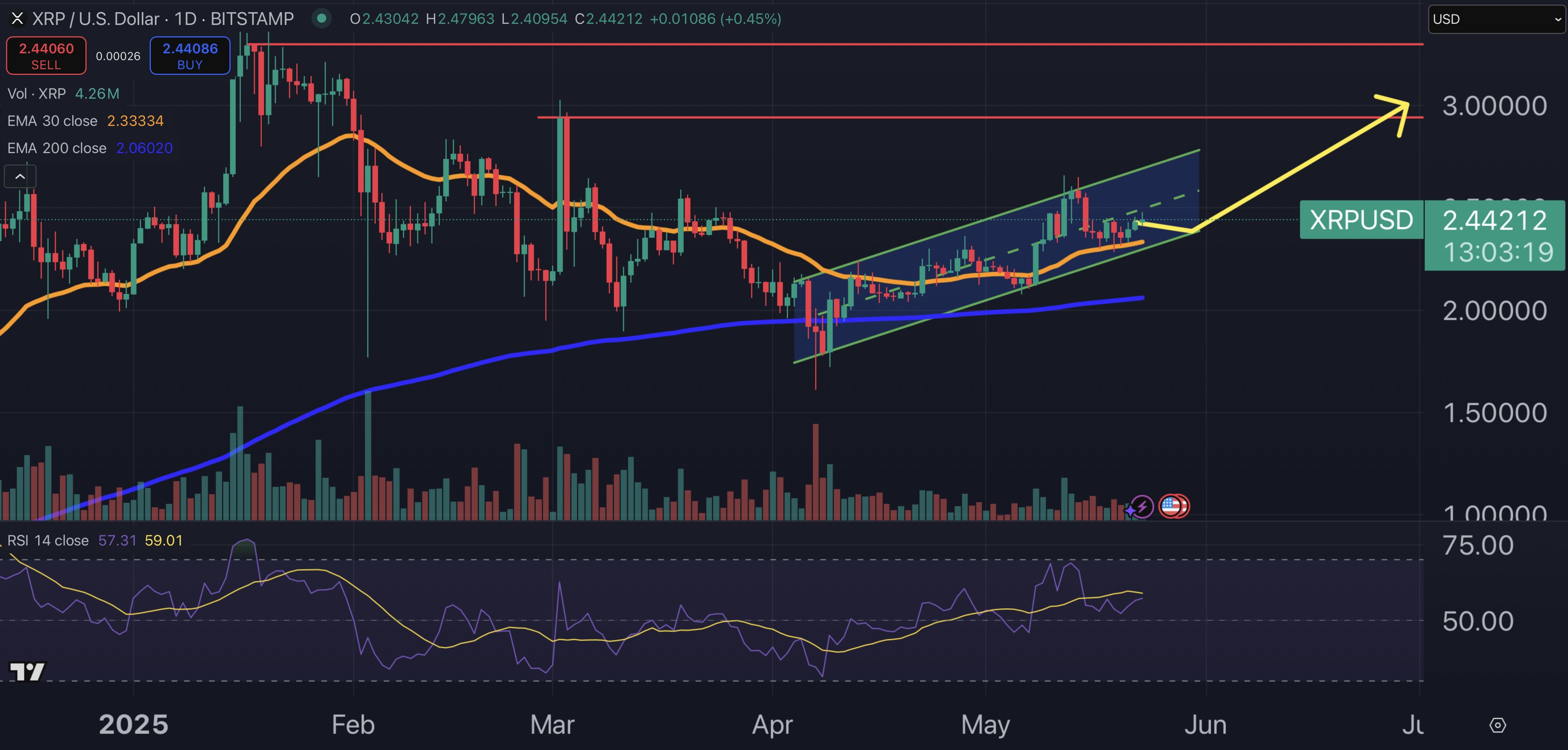The Internal Revenue Service and the Treasury Department issued
The Inflation Reduction Act created the CAMT, which imposes a 15% minimum tax on the adjusted financial statement income of large corporations for taxable years beginning after Dec. 31, 2022. The CAMT generally applies to large corporations with an average annual AFSI exceeding $1 billion.
The newly proposed regulations include definitions and general rules for determining and identifying AFSI. They also include rules regarding various statutory and regulatory adjustments in determining AFSI; determining if a corporation is subject to the CAMT, including rules for members of a foreign-parented multinational group, and the determination of the CAMT foreign tax credit.
The proposed regulations also deal with the application of the CAMT to affiliated corporations filing a consolidated income tax return.
Samuel Corum/Bloomberg
The IRS had previously issued
The agency also issued
The Treasury estimates that approximately 100 of the largest and most profitable companies will pay the CAMT annually. These corporations would have otherwise paid an average effective federal tax rate of 2.6%. An estimated 60% of CAMT payers would otherwise have paid an effective tax rate of less than 1%, including 25% that would have paid an effective tax rate of zero.
It said that’s because some of the largest and most profitable corporations in the country use tax preferences and aggressive planning strategies to pay little to no taxes, and suggested that their ability to use complex strategies to avoid tax also gives them an unfair competitive advantage over small businesses, which don’t have access to the same tax planning techniques and high-paid lawyers and accountants. The Treasury contends the CAMT helps level the playing field for small businesses.
The CAMT only applies to large corporations that average more than $1 billion in profit per year, not $1 billion in sales. In addition, if these corporations pay regular taxes that equal or exceed 15% of their adjusted profits, they would pay no additional tax. CAMT is designed as a backstop to ensure there are not years where highly profitable corporations are paying minimal taxes.
“The proposed rules released by Treasury today are an important step toward realizing Congress’ efforts to address the most egregious U.S. corporate tax avoidance and ensure the largest and most profitable corporations in the country cannot pay little to no taxes,” said Treasury Secretary Janet Yellen in a statement. “The Corporate Alternative Minimum Tax will also help level the playing field for small businesses while generating hundreds of billions of dollars in revenue.”
Crafting the rules to implement this tax has been one of the most significant projects the Treasury Department has undertaken in decades, it noted. Congress delegated a significant amount of authority to Treasury to implement the CAMT in a manner consistent with lawmakers’ statutory direction and intent.
In particular, as part of the legislative process, Congress chose to retain only a small number of regular tax preferences for the purpose of the minimum tax. The proposed rules follow suit and generally do not create adjustments to the tax base other than those directed by Congress. Consistent with the four notices Treasury previously issued to give taxpayers early clarity, the new proposal addresses limited and targeted cases where adjustments are clearly needed to accomplish congressional intent. For example, it addresses situations involving bankrupt and other troubled companies so that these companies can emerge from bankruptcy and continue to operate and employ their workers.
The Treasury noted that the guidance is a proposed rule. All stakeholders will have the opportunity to comment on the proposed regulations by Dec. 12, 2024, and may request to speak at the public hearing on the proposed regulations scheduled for Jan. 16, 2025. The Treasury and the IRS plan to carefully consider all comments they receive on the proposed regulations and make changes based on those comments as appropriate.
The Treasury and the IRS are being cautious about the regulations and guidance in light of a Supreme Court decision in June in the case of
“On the tax side, I think it’s just going to lead to taxpayers being more willing to challenge the regulations that aren’t helpful to them,” said Brian Harvel, a tax lawyer at the firm Alston & Bird, during an interview last month. “I’m already seeing that in my practice where companies want to take positions and want to engage in transactions. There may be a relatively new reg, or in some cases an older reg that is essentially inconsistent with the statute, or at least, there may not be authority under the statute, or provisions of the reg, and taxpayers are now more open to taking the position they want to take. There’s less of a concern with filing the form with a tax return that says the taxpayer is going to take a position inconsistent with the reg.”
Credit: Source link









